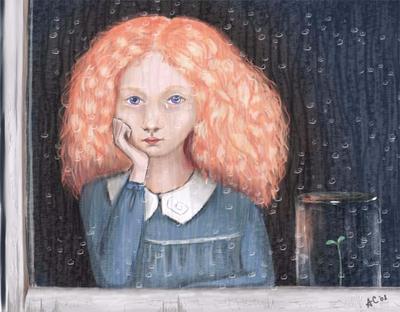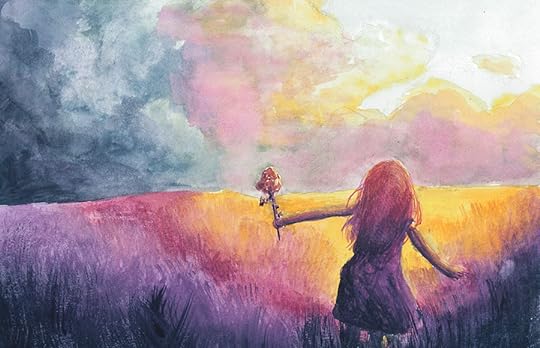What do you think?
Rate this book


4 pages, ebook
First published March 1, 1954






"I think the sun is a flower,
That blooms for just one hour."

"They could not meet each other’s glances. Their faces were solemn and pale. They looked at their hands and feet, their faces down."